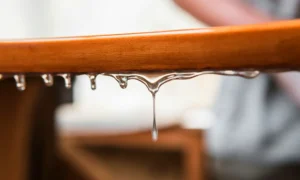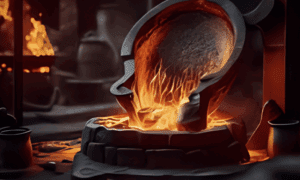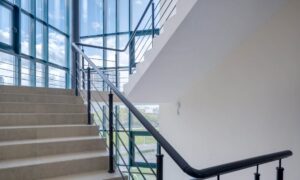Garage floors often endure significant wear and tear, from heavy vehicles to chemical spills and temperature fluctuations. To combat these harsh conditions and enhance the longevity and appearance of the garage floor, homeowners increasingly turn to garage floor coatings. These coatings protect the concrete from damage and improve the overall look of the space. Understanding the different types of garage floor coatings and their benefits can help you decide which option to choose.
Understanding Different Types of Garage Floor Coatings and Their Benefits.
1. Types of Garage Floor Coatings
There are several garage floor coatings, each with unique properties and advantages. The most common types include epoxy, polyurethane, acrylic, and polyurea coatings. Epoxy coatings are the most popular due to their durability, resistance, and ability to create a glossy finish. They bond well with concrete and withstand heavy traffic, making them ideal for garages. Polyurethane coatings are another excellent option, known for their UV resistance and flexibility, which prevents them from cracking under stress. Acrylic coatings are less durable but more affordable and accessible, making them suitable for lighter-use garages. Finally, polyurea coatings offer rapid curing times and extreme durability, making them a premium choice for high-performance applications.
2. Benefits of Epoxy Coatings
Epoxy coatings are renowned for their superior strength and resilience. When applied correctly, they create a hard, durable surface capable of withstanding heavy impacts, abrasions, and chemical spills. This makes epoxy coatings ideal for garages that see frequent use or house heavy machinery. Additionally, epoxy coatings are resistant to water and stains, ensuring the garage floor remains clean and easy to maintain. The aesthetic appeal of epoxy is another significant benefit; it comes in various colors and finishes, including high-gloss and metallic options, allowing homeowners to customize the look of their garage floor. The reflective surface of an epoxy-coated floor can also enhance the lighting in a garage, making it brighter and more functional.
3. Advantages of Polyurethane Coatings
Polyurethane coatings offer several advantages, particularly regarding flexibility and UV resistance. Unlike epoxy, polyurethane coatings are less likely to crack or peel under stress, thanks to their flexible nature. This makes them ideal for areas experiencing frequent temperature changes or minor ground movements. Polyurethane coatings are highly resistant to UV radiation, preventing yellowing and degradation when exposed to sunlight. This UV stability makes them suitable for garages with windows or those used as multipurpose spaces. The application process for polyurethane coatings is relatively straightforward, and they cure faster than epoxy, allowing for quicker turnaround times. The finish is also available in various colors and gloss levels, providing aesthetic versatility similar to epoxy coatings.
4. Considerations for Acrylic Coatings
While not as durable as epoxy or polyurethane, acrylic coatings offer unique advantages for specific applications. These water-based coatings make them more accessible and safer to apply, particularly for DIY enthusiasts. Acrylic coatings are also relatively inexpensive, making them an attractive option for homeowners on a budget. While they may not provide the same level of protection as other coatings, acrylic coatings are sufficient for garages with light to moderate use. They dry quickly, reduce downtime, and are available in various colors and finishes to enhance the garage’s appearance. However, acrylic coatings might require more frequent reapplication to maintain their protective qualities.
5. The High Performance of Polyurea Coatings
Polyurea coatings represent the pinnacle of garage floor protection, offering unmatched durability and rapid curing times. These coatings are incredibly resilient, withstanding extreme temperature fluctuations, heavy impacts, and chemical exposure. Polyurea coatings cure within hours, significantly faster than epoxy and polyurethane, making them ideal for projects requiring minimal downtime. This rapid curing also means that polyurea coatings can be applied in a broader range of temperatures and conditions, providing greater flexibility in scheduling. The robust nature of polyurea makes it an excellent choice for high-performance environments, including commercial garages and industrial settings. While polyurea coatings tend to be more expensive, their long-term benefits and reduced maintenance requirements often justify the higher initial cost.
Garage floor coatings are a valuable investment that can enhance your garage’s durability, functionality, and aesthetics. By understanding the different types of coatings available, their benefits, and the application process, homeowners can make informed decisions to protect and beautify their garage floors. Whether opting for the superior durability of epoxy, the flexibility of polyurethane, the affordability of acrylic, or the high performance of polyurea, there is a coating solution to meet every need. Proper maintenance and consideration of environmental and health impacts ensure that your garage floor remains in excellent condition for years. Choosing the suitable coating and whether to undertake the project yourself or hire a professional can result in a transformed garage that adds value and appeal to your home.
Read More From Techbullion And Businesnewswire.com































